
Henry Center
By Henry Center

Henry CenterFeb 22, 2024

Dennis Edwards, Power and Humility in Theological Education
Christians in the first century were largely marginalized in their world, yet possessed power to develop communities of love and justice that transformed lives. Humility was a chief identity marker for early Jesus-followers. Christian Scripture presents paradoxes related to power and humility: (1) God’s power is often most evident in those society views as insignificant; and (2) Humility dismantles exploitative and dehumanizing practices. Following Jesus includes using power and privilege rightly, especially for those in leadership roles such as teaching, administration, and pastoral service. By taking a deep look at power and humility in the Bible, we can develop perspectives and practices that reject injustice—we will instead find new ways to invigorate our commitment to human flourishing.

Christina Bieber Lake, 'O Taste and See': Poetry as Theological Invitation
In Leisure the Basis of Culture, Josef Pieper explains that stillness and quietness of soul are necessary to see the real—especially that all things have been created through Christ and for him. But bounded by a culture of “total work,” we live lives of quiet desperation, exhausted and unable to slow down and attend to the arts. This lecture explains why contemplating poetry must be central to theological education. Poetry uniquely slows us down to attend to the real, teaches us how to see the transcendent in the ordinary, and opens us up to new possibilities for engagement with the world.

Winn Collier, Ancient Vision and Fresh Courage: Reawakening Our Pastoral Imagination
Suffering from an epidemic of scandal, the scourge of celebrity, and the general malaise (if not antipathy) toward the church, it’s a difficult time to be a genuine pastor. Truthfully, though, it’s always been a difficult time to, as St. John of the Cross said, put “love where love is not.” The good news is the Spirit always stirs amid the ruins. When we open our eyes to see and open our ears to hear, the Spirit restores our hope and renews our imagination.

Elissa Yukiko Weichbrodt, The Art of Confession (Or, How the Art You Don't Like Can Grow Your Love for God)
Contemporary art can often be unexpected or downright unsettling in its form and subject matter. In that, it may actually remind us of the startling actions and embodied metaphors employed by Old Testament prophets like Ezekiel and Isaiah. They intentionally disrupted their audiences for the purpose of calling them to repentance. By likewise reframing our discomfort with certain contemporary artworks as an invitation to self-examination, we open up new, generative possibilities. This lecture uses examples from the Art Institute of Chicago to explore how artworks might serve as a prompt to personal confession and a growing love for the God who loves us.

Joshua Jipp, Going to Seminary with the Apostle Paul
What is theological education for? In times of tumult, transition, and upheaval, returning to this most basic question can provide guidance for what we’re doing. Likely, all of us would agree that the pursuit of learning—some type of knowing—is at the heart of theological education. But given that the subject matter of theological education centers upon the triune God, the type of knowledge we are after is one that draws the closest possible relationship between knowing and loving. This lecture explores the Pauline relationship between knowledge and love as it pertains to the goal of human existence, how we read Scripture and do theology, and how we use knowledge and learning for the good of others.

Kelly Kapic, Go Therefore and Make Humans: Discipleship in an Inhumane World
We live in a frenetic age of unrealistic expectations, fostered by unrelenting voices both outside and inside of us. Through subtle and not so subtle forces we are constantly expected to do more and be more. Exhaustion, shame, and anxiety pervade, and all too often they also shape the church’s life. In this context, one of the great gifts Christians can give the world is to rediscover a healthy vision of what it means to be truly human, bringing us back to a more realistic and gracious view of discipleship.

Chris Ganski, The Ascension of Christ and the Renewal of Christian Mission
We live in an age of increasing anxiety about the future of the church, as many are asking about what makes the church relevant within the world today. The true relevance of the church, however, is not found by looking to the world, but above the world. The theological backdrop of the church’s mission is Jesus’ ascension into heaven. The distinctness of Christian mission emerges from these strange cosmological events, as Christ’s ascension gives the church’s mission a heavenly orientation. This lecture will show how the renewal of mission depends upon having a clear vision of the ascended Christ.

Kristen Deede Johnson, Reconsidering the Great Commission: Discipleship and Cultural Engagement
Many are asking questions about what it means to fulfill the Great Commission today, wondering how we are to be formed as disciples who can live faithfully in this complex cultural time. Exploring the origins of the term, “the Great Commission,” and the role this final command of Jesus has played in shaping contemporary conceptions of discipleship helps us consider how to live out Jesus’ parting words today. Connecting this historical account of the Great Commission with the larger narrative of Scripture, we see a vision of discipleship emerge that involves being attentive to our everyday vocations, our locations and communities, and intentional cultural engagement.

Amy Peeler, Embodied Discipleship: Mary, Jesus, and Engendered Faithfulness
The New Testament does not say much about the mother of Jesus, but what is recorded offers a powerful example of Christian faithfulness. In some instances, however, she has been lifted up only as an example for women, especially for those of the Catholic or Orthodox expressions of the faith. Attention to her story reveals both an affirmation of female embodiment in God’s redemptive plan as well as an exemplar for all believers no matter their sex. She points the way to her Son, embodied male in a uniquely inclusive way, so that all believers find their holistic identity in him.

Oliver O'Donovan, Creation, Law, and History
It is usual to expound the idea of creation by referring to "law" as the principle of regularity and predictability that inheres in the order of the world. But the term "law" is often supposed to be equivocal, meaning one thing as applied to creation and something else as a norm of free human conduct. In this lecture, O'Donovan argues that in its various theological uses the concept of law is consistent, and always implies the notion of creation. Through it the task of ethics is located in between the givenness of created order and the openness of action, which thereby acquires its significance as "history."

Han-luen Kantzer Komline, The Art of Willing: God’s Grace & Human Willing in Augustine’s Preaching
Augustine is well known for his abstract reflections, early in his career, on the role of human free choice in introducing sin into God's good creation. But this, for Augustine, was just one small part of the larger story of human willing in relationship to God. In this lecture, we will consider how Augustine understood God's grace and human willing in the larger context of God's providential plan for human beings as revealed in Scripture. At the same time, we will see how Augustine applied this larger picture on a micro-level, to the challenges of the Christian life that his flock faced on a day-to-day basis. As Augustine grapples with specific parts of the biblical story where human willing comes to the fore, we see him developing not just a diagnosis of how human willing went wrong, but a richly biblical and trinitarian vision of the art of willing rightly.

Russell Moore, Paradox Lost: Longing, Alienation, and the Mystery of Humanity in a Technological Age
The Christian concept of creation is contested in the present age for many reasons, but one of those reasons is the incredibility of a distinctiveness of humanity beyond the explainable and the material. Figures from the past century—from Walker Percy to Wendell Berry to Marilynne Robinson—though have drawn from theology, biology, psychology, and the humanities to suggest that the mysteriousness of human nature points beyond itself to a greater mystery of the cosmos. Christian theology can account both for the human similarity to the rest of nature and the human predicament of alienation from nature, and from ourselves. A sense of humanity as a paradox of integrity-in-brokenness, intelligibility-in-mystery, cultivation-in-conservation, and wayfaring-in-habitation can help us to reconcile the tensions between imagination and reason, community and individualism, and realism and justice while maintaining what we intuit to be true—that humanity is unique—alongside the challenges to that uniqueness in questions about whether humanity is alone in the universe or can be replicated by an algorithm.

Oliver O'Donovan, Good, Doing Good, and the Goods

Max Lee, Paul and the Pursuit of Pleasure

Katherine Sonderegger, The Inner Life of God
In addition to this panel discussion, there is also a written symposium published in Sapientia, our online periodical. The essays in this symposium are written by the panelists and serve as a foundation for the event.

Paul Nedelisky, The Myth Of The Fact/Value Gap

Eleonore Stump, Suffering and Flourishing

Christian Miller, Falling Short and Becoming Virtuous

Christopher Wright, The Goodness, the Glory, and the Goal of Creation

Craig Keener, Signs of the Kingdom: Miracles in the New Testament and Today
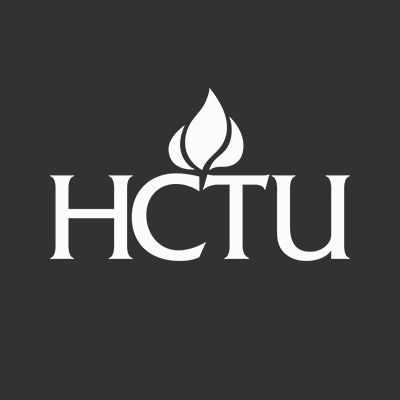
Jennifer Powell McNutt, Keeping Time with the Divine Clockmaker

William Abraham, Divine Action, Healing, and Providence

Marc Cortez, Defining Humanity in an Age of Plasticity

Rosalind Picard, AI, Spirituality, and Human Flourishing

Kevin Vanhoozer, Divine Interjection: How God Puts Morphemes into Motion in the Great Theater

William Ury, Imaging the Image: A Relational Anthropology

Sean McDonough, Among the Fallen: The Estrangement of Humanity from God in the New Testament

Paul Blowers, Patristic Interpretations of the Fall: Prophecy, Apocalypse, and Tragedy

Mickey Mattox, Goodness that Abides? Martin Luther’s Adam, for Today

C. John Collins, The Place of the Fall in the Overall Vision of the Hebrew Bible

Bill Arnold, Adam in Canonical Perspective: The Old Testament

Edward Davis, Historical Roots of the American Evangelical Encounter with Natural History

Fred Sanders, Systematic Adamology in Trinitarian Perspective

Douglas Moo, The Type of the One to Come: Adam in Paul's Theology
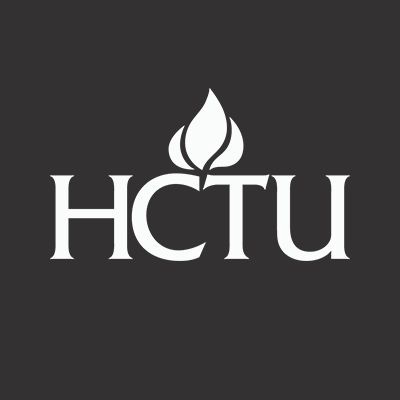
Darrell Bock, From Jesus to Adam: Working Backwards on a Theological Problem
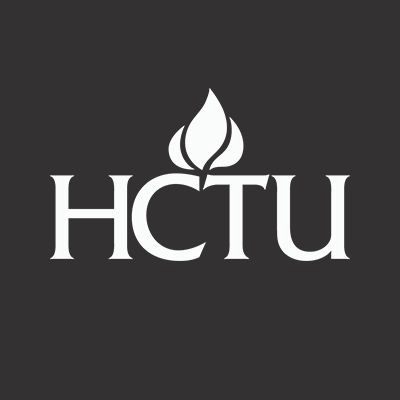
J. P. Moreland and J. Richard Middleton, Symposium on the Intermediate State

Katherine Sonderegger, Right Reason, Fallen Reason

David Kling, Prayer: Jonathan Edwards and the Cognitive Science of Religion

Alan Noble, Discipling Towards Transcendence in a Distracted Age

The Spirit in the Beginning and the End: A Panel Discussion

At the Border of the Natural: A Panel Discussion
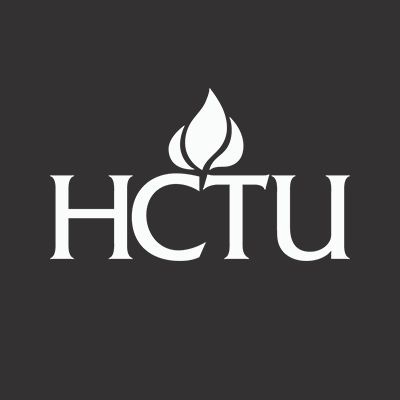
Ephraim Radner, Spirit of Life and Death: Modern Pneumatology and the Struggle against Mortality
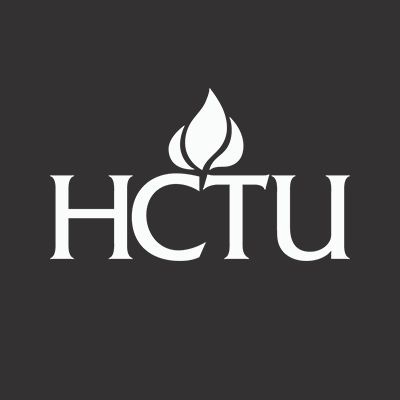
Graham Cole, Living with the Great Divide
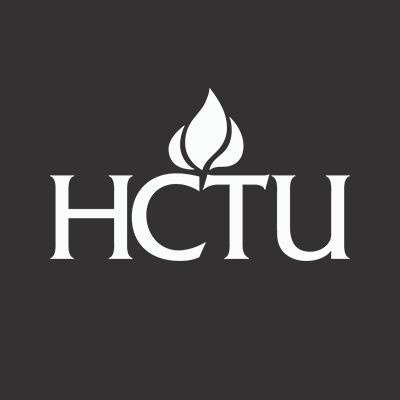
Thomas McCall, Adam, Eve, and the Rest of Us: Contemporary Discussions of Original Sin

Scheduled for Perfection? A Dialogue with Katherine Sonderegger

Katherine Sonderegger, Faithfulness in an Age of Technology
Fundamental to Scriptural teaching on creation and to doctrine is the very idea of nature and the natural: we are placed in the midst of a fruitful world that is to be tended and imitated; we are to join in its joyful praise of our Lord. Yet Scripture also teaches us about artifacts and manufacture of all kinds: city walls and streets, houses and the goods in them, the design and fashioning of every decorative and devout element of the Temple, the heavenly Jerusalem, a City of God. How should Christians attentive to these lessons think about technology? We are surrounded by it; we are fascinated by it; it controls much of our lives. Has this supplanted nature in Christian lives; should it? In this lecture, Katherine Sonderegger will reflect upon how a Christian shaped by the Doctrine of Creation should approach such complex and every-day matters.

Kevin Vanhoozer, From Physics to Metaphysics: Imagining the World that Scripture Imagines

C. John Collins, What Is the Creation Story There to Do for Us?
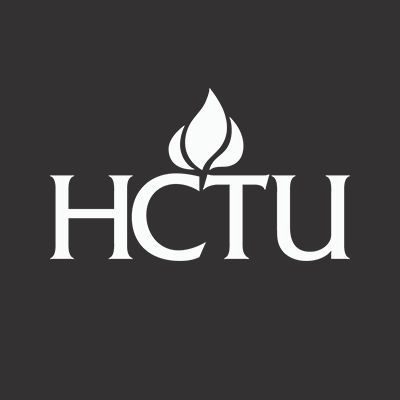
Craig Bartholomew, The Goodness of Creation and Its Ethical Implications
